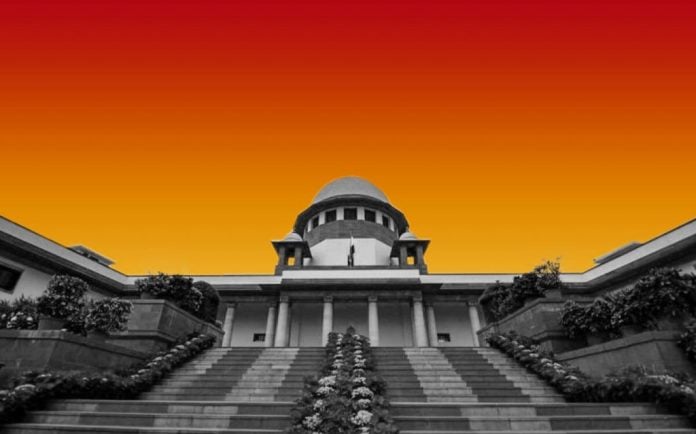The Supreme Court has delivered a landmark judgement regarding the entitlement of children born out of void or voidable marriages in the property of their deceased parents, saying that such children had the right to inherit a share in the property, which would have been allotted to them on a notional partition of the Hindu coparcenary property.
The Bench led by Chief Justice of India D.Y. Chandrachud on Friday clarified that the ruling was applicable only to Hindu joint family properties governed by Hindu Mitakshara law.
It further noted that children of void/voidable marriages, however, were not entitled to the properties of any coparcener other than their parents.
The verdict was passed on a petition challenging the 2011 judgement of a two-Judge Bench in Revanasiddappa vs Mallikarjun case, which held that children born out of void/voidable marriages were entitled to inherit their parents’ properties, whether self-acquired or ancestral.
The issue raised in the present petition was related to the interpretation of Section 16 of the Hindu Marriage Act 1955, which conferred legitimacy to children born out of invalid marriages.
As per Section 16(3) of the Act, such children were entitled to inherit only their parents’ property and did not have any right over other coparcenary shares.
The plea raised apprehension over the entitlement of property held to be that of the parent in a Hindu Undivided Family governed by Hindu Mitakshara law.
The Bench explained that as per Section 6 of the Hindu Succession Act, the interest of coparceners in a Hindu Mitakshara property was defined to be the share of property that would have been allotted to them if the partition of the property had taken place immediately before their death.
The Apex Court held that children born out of invalid marriages were entitled to such property which would devolve upon their parents on a notional partition on their death.
It said for the purpose of ascertaining the interest of a deceased Hindu Mitakshara coparcenor, the law mandated the assumption of a state of affairs immediately prior to the death of the coparcenor, namely a partition of the coparcenory property between the deceased and other members of the coparcenory.
Reading out the operative part of the verdict, the CJI said once the share of the deceased in the property that would have been allotted to him if a partition had taken place immediately before his death was ascertained, his heirs, including the children who have been conferred with legitimacy under Section 16 of the Hindu Marriage Act, were entitled to their share in the property, which would have been allotted to the deceased upon the notional partition if it had taken place.
The Bench further ruled that provisions of the Hindu Succession Act have to be harmonised with the mandate of Section 16(3) of the Hindu Marriage Act, which indicated that a child who had been conferred with legitimacy was not entitled to rights in the properties of any person other than the parents.
(Case title: Revanasiddappa vs Mallikarjun and connected cases)


